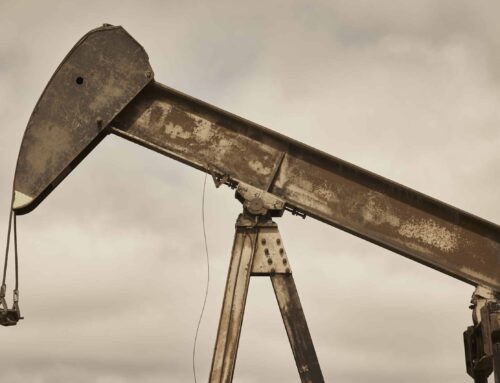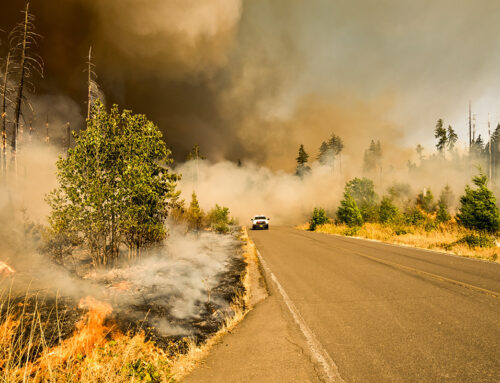The Department of Energy (DOE) announced last week it would offer an expanded, second solicitation for advanced fossil energy loan guarantees later this year through its Loan Guarantee Program. In almost five years, DOE has not offered a single loan for the advanced fossils portion of the loan guarantee program. Nearly all remaining projects from the first request for applicants in 2008 have been deemed ‘inactive,’ by the agency. But instead of pulling the plug on these risky loan guarantees DOE is re-upping for Round 2.
The DOE loan guarantee program was created in 2005 and allocated $8 billion in loan guarantee authority for fossil energy projects in 2008. Under the first solicitation, DOE sought to support coal-based power generation and industrial gasification projects that used new or improved technologies but were not yet commercially viable. In response, DOE received eight applications—seven of which have withdrawn from the program or were rejected. According to a March 2012 Government Accountability Office report, only one application requesting a $2.8 billion loan guarantee is still under consideration; though details on the project continue to be sparse.
The first solicitation was almost exclusively for coal gasification and carbon capture and sequestration project, but the term ‘fossil fuel’ in the new draft solicitation is defined in the widest of terms to include, but not limited to: coal, natural gas, oil, shale gas, oil gas, coal bed methane, methane hydrates. Moreover, the description of eligible projects is broadened to include not only energy producing projects but “any part of the full lifecycle of fossil energy development” including everything from resource development to efficiency improvements and CCS integration.
Going ahead with an expanded, second solicitation for fossil fuel loan guarantees simply amounts to one more subsidy for the fossil fuel industry. Since the 1980s, Congress has provided billions of taxpayer dollars in direct spending (in addition to tax subsidies) on “clean coal” and carbon reducing technologies with little results. Pouring more money down the drain by risking billions in federal funds on costly, high-risk technologies is not the solution.
The draft solicitation is subject to a 60 day public comment period after which DOE is expected to release the final solicitation later this year.







Get Social